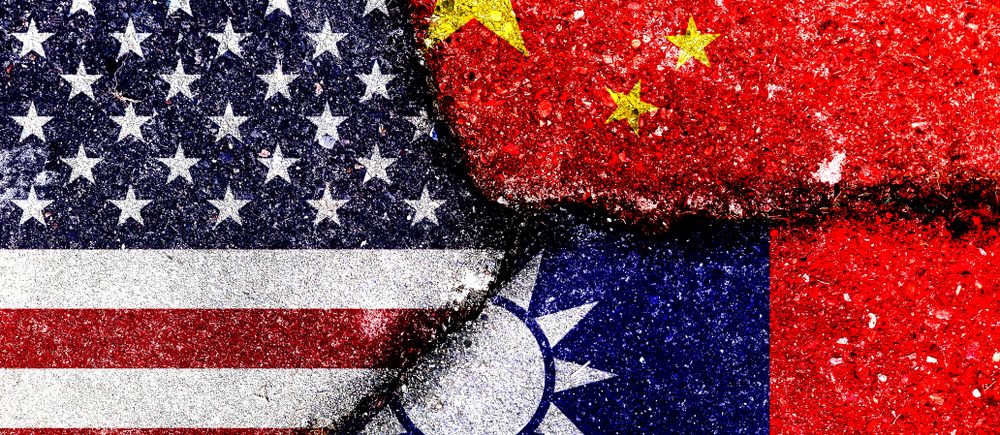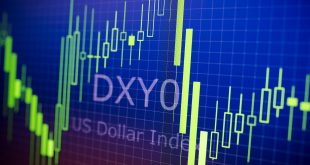Little progress was made during the San Francisco meeting between President Joe Biden and Chinese President Xi Jinping, but both leaders made encouraging remarks about addressing climate change and enhancing communication.
According to Biden, US support for China’s faltering economy is desirable, but not at the price of US intellectual property. The Chinese people, in his opinion, were “in trouble right now economically.” Following Nancy Pelosi’s visit to Taiwan last year as speaker of the House, the two sides decided to resume military communications.
Biden stated that efforts to reduce the amount of the opioid fentanyl produced in China had advanced. They couldn’t agree on a lot of things, though, like Xi’s criticism that US export restrictions on cutting-edge technology were meant to repress China. Biden’s attempt to make use of China to act as a kind of Middle East peacekeeper—that is, to exert pressure on Iran to refrain from escalating the conflict—failed.
Leading American business executives, including Steve Schwarzman of Blackstone and Larry Fink of BlackRock, gave Xi a standing ovation. Ray Dalio of Bridgewater Associates, Pfizer’s Albert Bourla, and Apple CEO Tim Cook attended the private dinner at the Hyatt Regency hotel. His message was that there is market access to China for
However, many aren’t ready to quit China, as China remains enormously important for just about any multinational. Xi Jinping called for boosting economic links with Taiwan just before heading to the US for talks with President Joe Biden.
Biden is courting world leaders at the Asia-Pacific Economic Cooperation summit and through his administration’s Indo-Pacific Economic Framework, a group that includes most of the 21 APEC member economies. He asked about harnessing the potential of artificial intelligence to lift up the world while minimizing risks and safety concerns, curbing carbon emissions, and building resilient supply chains in the face of threats like natural disasters and pandemics.
With foreign capital leaving China and heavily indebted housing, the Communist Party is facing its biggest challenge in decades. The question is whether these problems will cause China’s leadership to shift its attention back to boosting nationalism, which is a major component of Xi’s increasingly authoritarian China, or to restarting the economy. Economic hardships may dampen political aspirations, but they may also encourage nationalist goals.
Analysts emphasize that the Chinese economy’s internal unrest is self-initiated and shouldn’t be used as a scapegoat. American officials are attempting to temper expectations for significant progress. To resume relations with the United States, the party must alter public perception.

 Noor Trends News, Technical Analysis, Educational Tools and Recommendations
Noor Trends News, Technical Analysis, Educational Tools and Recommendations




